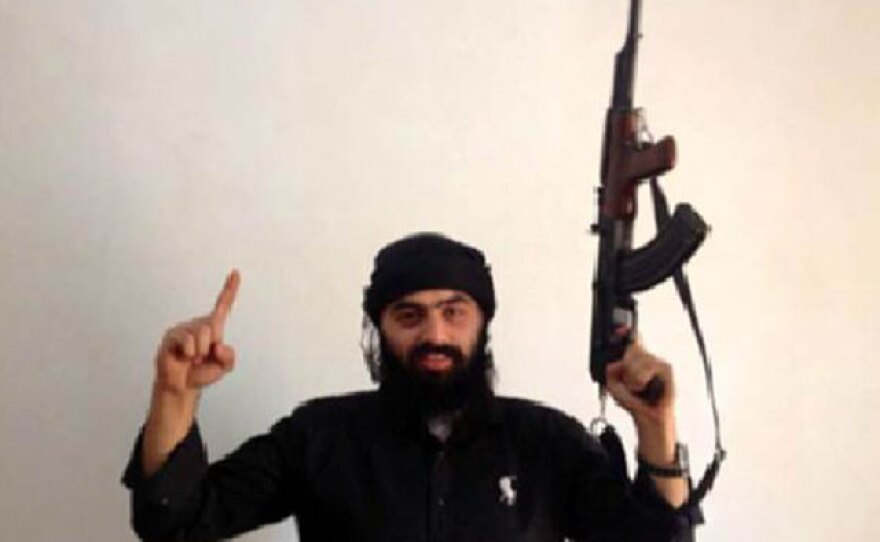
A San Diego man charged with making false statements to federal agents about his recent activities and associations in Syria appeared before a U.S. magistrate judge today in San Diego and was ordered held without bail.
Mohamad Saeed Kodaimati, 24, was taken into custody Wednesday in Rancho Bernardo.
Magistrate Judge Karen Crawford ordered Saeed held without bail after prosecutors alleged the defendant was a danger to the community and a flight risk. A detention hearing was set for Tuesday.
Assistant U.S. Attorney John Parmley said Saeed had been in Syria and Turkey for the past two years and returned to San Diego three weeks ago.
He is charged with two counts of making false statements in an international terrorism investigation.
According to the criminal complaint, Saeed falsely claimed that he never had been involved in any fighting, that he never fired his weapon at anyone, that he did not know anyone who was a member of ISIL — known as the Islamic State in Iraq and the Levant — that he had never told anyone else that he was involved with the militant group Al-Nusrah, and that he had never worked or volunteered at a Sharia court.
Evidence gathered during the investigation contradicts those and other statements Saeed made to agents from the FBI and the Department of State's Diplomatic Security Service at the U.S. Embassy in Ankara, Turkey, last month, Parmley said.
According to the complaint, Saeed was born in Syria and became a naturalized U.S. citizen in September 2008.






